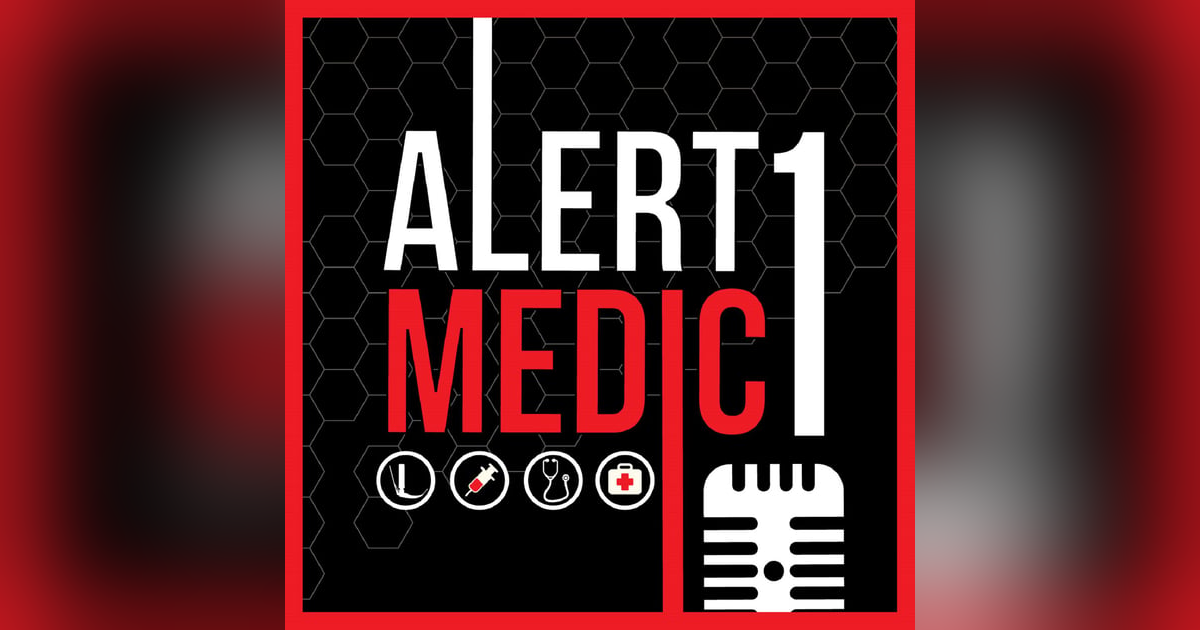Toxicology Fundamentals with Andrew Stolbach, MD

In this conversation, Mustafa Sidik interviews Dr. Andrew Stolbach, an emergency physician and medical toxicologist, to discuss the fundamentals of toxicology, including definitions, toxidromes, and management strategies for various overdoses. They explore the mechanisms of common antidotes like naloxone, sodium bicarbonate, and glucagon, emphasizing the importance of treating the patient rather than just the poison. The discussion highlights the complexities of toxicology in emergency medicine and the critical role of understanding symptoms and treatment protocols.
Takeaways
Toxicology focuses on treating poisonings and overdoses.
The dose of a substance determines its toxicity.
Toxidromes are key in identifying specific overdoses.
Cholinergic and anticholinergic toxidromes present opposite symptoms.
Sympathomimetic toxidromes are often caused by stimulants like cocaine.
Benzodiazepines are crucial in managing sympathomimetic overdoses.
Opioid overdoses can lead to respiratory failure.
Naloxone is an effective antidote for opioid overdoses.
Sodium bicarbonate is used in TCA overdoses to normalize EKG findings.
Glucagon can be used in beta blocker overdoses to bypass receptor blockage.
Keywords
toxicology, toxidromes, overdose management, medical toxicology, emergency medicine, naloxone, sedative hypnotics, opioid epidemic, glucagon, sodium bicarbonate
Link to Naloxone and Patient Outcomes in Out-of-Hospital Cardiac Arrests in California: https://jamanetwork.com/journals/jamanetworkopen/fullarticle/2822449